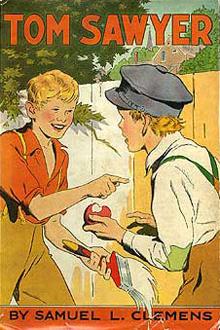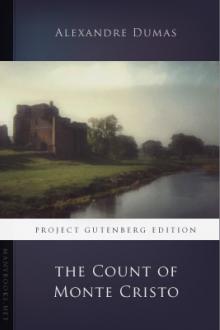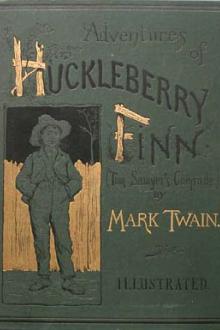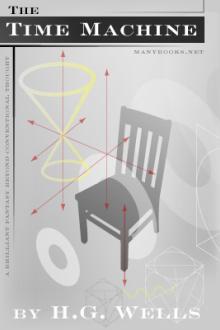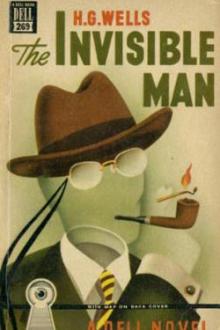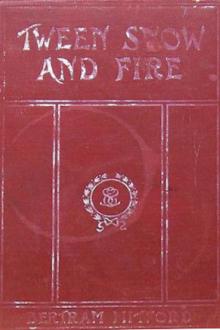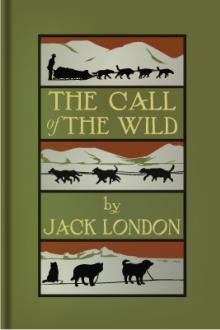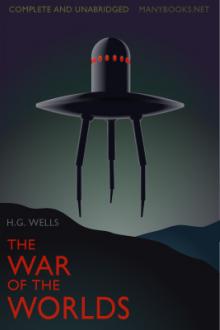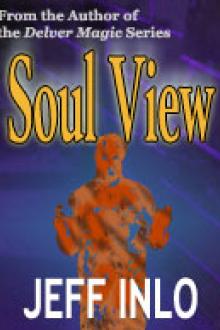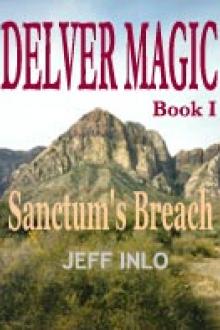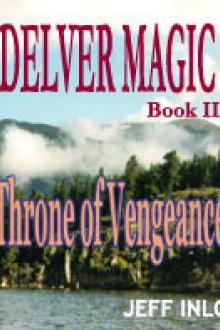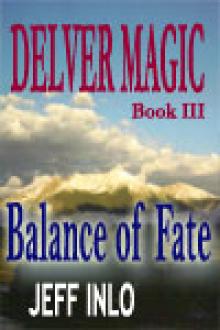Alien Cradle
Book Excerpt
It was just a matter of propulsion. Find a way to increase energy and you keep breaking speed records. That was the key to the Boscon Prop.
Ironically, Boscon's basic principles dated back to the invention of the wheel. In watching a simple spinning disk, Boscon understood that the number of rotations was the constant while the speed upon the same surface was variable. He applied this reasoning for matter spinning about the nucleus of an atom.
He theorized that if it were possible to expand an electron's orbit around the nucleus without searing it off, the speed at the outer edge would exceed the speed near the center; the speed of light would be surpassed. With a few adaptations, like making the fuel more efficient, and concentrating the density of the charge, interstellar travel became as common as solar system
Editor's choice
(view all)Popular books in Creative Commons, Science Fiction, Post-1930, Adventure
Readers reviews
When he starts killing off all the interesting characters, I realized I wasn't reading the work of a master author...
Good concept and plausible characters for my money but lame ending. Could have left room for sequel, plot twists, etc.
Guess we know why it was free...
- Upvote (0)
- Downvote (0)
Storylines are entwining not to fast or to slow. I' d rate this 4 stars out of 5
Unbelievable characters, plot and technology, its only saving grace is that it is free.
Human civilization is scattered across planets which have been scouted and colonized. No other life found so far. Scouts contract to scan new planets in their single small ships and report back on the planetary environment and resources.
Overall government is divided into 2 main parts; there is the "Regency" and the "Authority". The former is in titular control, but really delegates all the authority and money to councils which can be very powerful political entities. The "Authority" is the military arm. Plenty of infighting goes on.
The protagonist is a scout named Rath Scampion who is an unlucky and unhappy guy. Not terribly likable either, but you can identify with him well enough. He has just scouted a planet called Fenrir and found nothing unusual. There good deposits of precious stones. He fills his hold and returns to buy a freighter and bring back more. This is against the law and he is caught.
The problem is that between his initial scout survey and his return, a scientific council has decided to seed Fenrir in secret with cloned life for study and philosophical comfort to humans who feel alone in the universe and will believe that new alien lifeforms have been discovered .
Rath knows the planet was lifeless on his initial scan and is now a liability. He must be convinced his scans were wrong.
What happens with the the political infighting and decisions that follow as the "secret" experiment goes wrong? The fate of Rath Scampion and the created Fenrites is the kind of mess that autocratic politics and it's subservient science can create when it tries to control social flow and experiment outside of law and good sense.
Some potential points to explore interesting character notes, situational developments, or moments to slip in to chaos are skipped while some, admittedly necessary, sections seem overly long.
I continued through the book with genuine interest. There were a few minor spots a good proofreader would have caught before releasing the material. Otherwise very solid and worth a read.
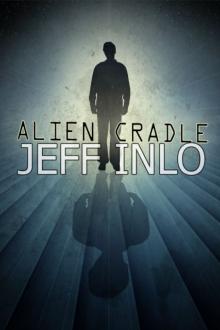
 Free Download
Free Download













